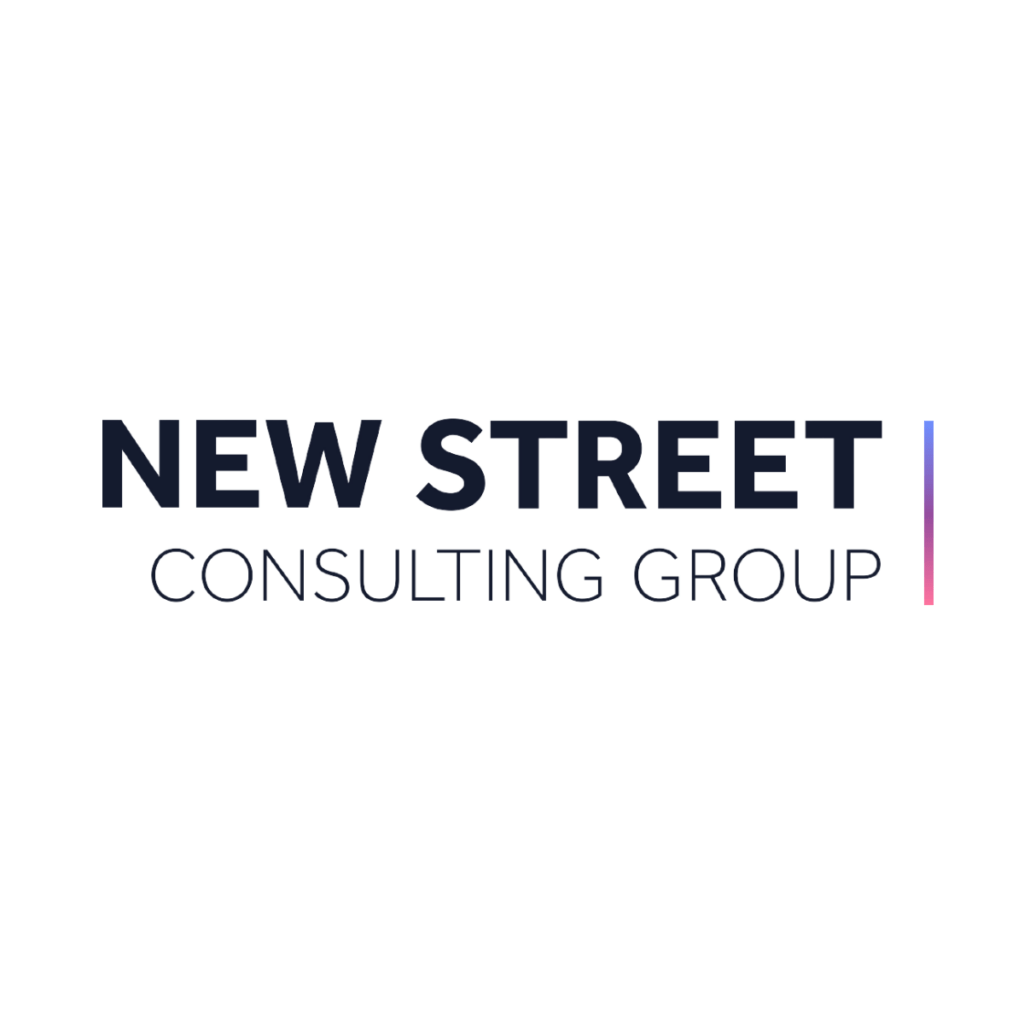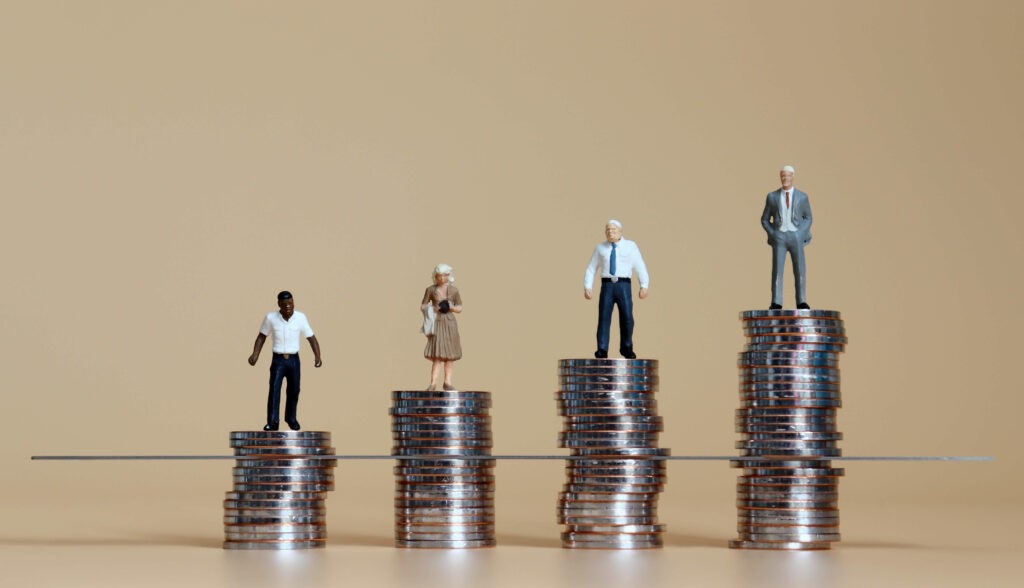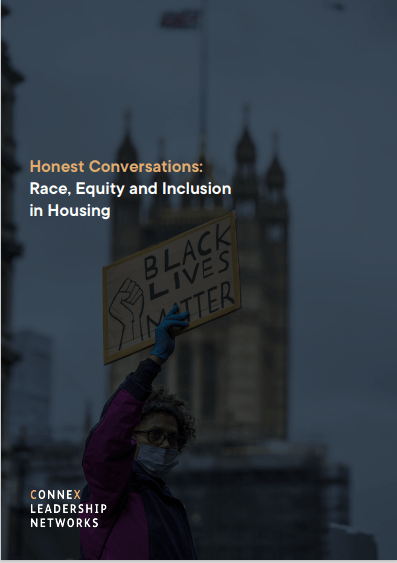When George Floyd was murdered in May 2020, the world watched the Black Lives Matter movement swell to proportions we had never before seen. As that harrowing video made its way around social media, we saw an outpouring of anger and frustration that had been building for years and years – against the systemic racism that still taints our world. The protests that took to the streets were the physical manifestations of our group condemnation of the injustice that still plagues large portions of our society. Every individual and company that you can imagine used their platforms to speak out against such moral abominations and told us that enough was enough.
And then, as time went on, the protests began to fade. The media coverage started to move away. Attention waned. People began to forget. The world moved on to the next crisis, and the next crisis, and the next crisis.
So the natural question is, how did the BLM affect corporate behaviour? Has workplace diversity improved as a result of these protests?
It’s hard to say anything definitive of course. I have to admit that I am concerned that a lot of the pledges were merely lip service and virtue signalling in the middle of the furore. It takes a commitment to action and a lot of hard work to truly take these concerns onboard and change the way that your company runs. But that is exactly what is required.
I have said it before but corporate pledges do not mean anything unless you are taking direct action to increase diversity, and more importantly inclusion, in your workplace, and empowering racial minorities to speak up and have their voice heard. It has to be driven from the top and it has to become a rallying cry for a change in the corporate culture – in order to actually move the needle and move beyond mere words.
The BLM movement should not just be something that you watch on the news and support from your Twitter account. We all need to take the message onboard and recognise that the injustice that was being protested exists in every nook and cranny of our society. If we are to really make a dent in this and champion equality for all – we must control what we can control and bring these changes into our organisations. That’s our part to do.
If you want to dig into these topics in much more detail, please do join us for our upcoming roundtable – where you’ll get to hear how leaders have challenged racism and prejudice both in their lives and in their organisations, and how are they using their positions of power to drive change during the last twelve months.
It’s a joint Connex Housing and also BAME Leadership Network event, taking place on 5th May online at 14:00 – 15:15.
We’ll be hearing from our international panel of speakers Bendita Cynthia Malakia, Global Head of Diversity & Inclusion at Hogan Lovells, Jo Portlock, Director of Diversity and Inclusion at Lexis Nexis Risk Solutions, and Cordelia Johnney, Equality, Diversity & Inclusion (EDI) Lead at Stonewater. The discussion will be chaired by Sandy Sohal, Director of Homeowner Services, The Guinness Partnership.
Register here.
These difficult conversations are just the start. They are the catalyst for massive action.
Be the change you want to see in the world.





